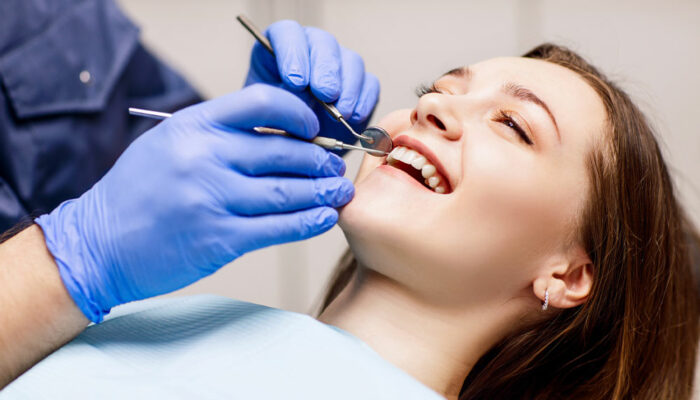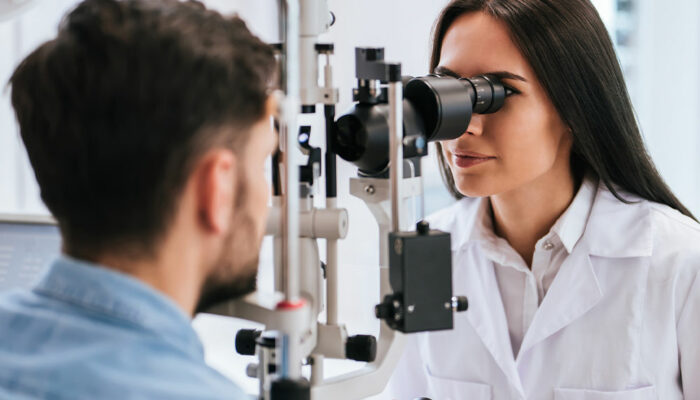
health
12 Common Signs of Dental Problems
A bright, healthy smile is often a goal for many. While several in-office procedures can help one achieve the perfect smile, it is also important to practice oral hygiene regularly. Without a good dental regimen, one could experience a variety of problems, such as cavities, tooth decay, halitosis, gum disease, and more, leading to severe infections and tooth loss. So, one should keep an eye out for the following common signs of dental problems: Toothache Toothache is one of the most common signs of poor oral health. It could develop during the formation of a cavity or be linked to more serious conditions when accompanied by swelling or pus around the tooth or a fever. Until one gets a chance to visit the dentist, rinsing the mouth with warm water and flossing to remove any food particles stuck between the teeth can help alleviate the pain. Stained teeth The color of the teeth is determined by a variety of factors, such as food, medical treatments, lifestyle choices, and even physical trauma. To get rid of stains on the teeth and give them a brighter appearance, one can invest in at-home teeth whitening kits, whitening toothpaste, and rinses that help remove surface stains.
Read More 













